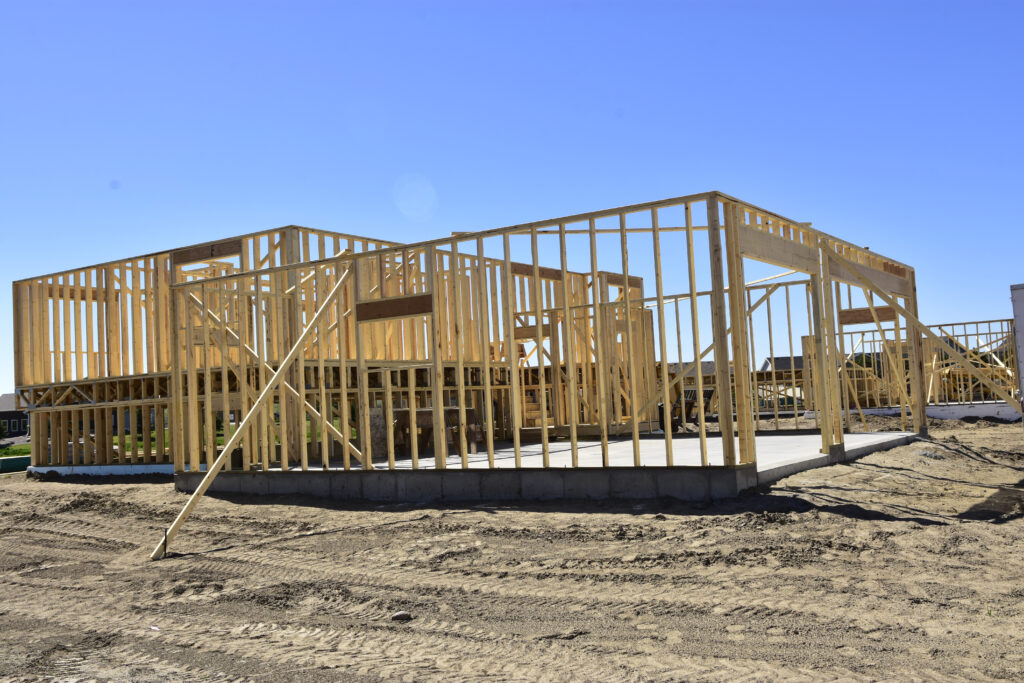Owning a home in the Jersey Shore is a dream for many. However, achieving this objective comes with its own set of challenges. For instance, you have to adhere to strict flood zone regulations. You also need to be well aware of the various coastal construction codes. In short, you need to navigate a complex web of rules and regulations. This is the only way to ensure ultimate protection of your property and the environment.
It’s important that you have a proper comprehension of the set codes and regulations. Having this understanding can save you a lot of time and resources in the future. This article explores various standards that you need to follow when constructing along the Jersey Shore.
Understanding Flood Zones
When building along the coast, you need to have a good understanding of how different areas are classified. This is especially important when it comes to mitigating flooding.

Flood Zones and Coastal Requirements in NJ
The classifications are quite crucial. The main reason behind this is that they determine how likely a property is to experience high water levels. This is especially during times of heavy storms or rainfall.
They also have a huge impact on other factors. Some of these include insurance rates and foundation requirements. Furthermore, they do affect the kind of materials that will be implemented in the process.
The best way to navigate this is to go through the Federal Emergency Management Agency (FEMA) maps. You should also consult local authorities.
Elevation and Foundation Requirements
Elevation has a direct effect on a property’s compliance with the coastal regulations. Therefore, it plays a very important role when it comes to Jersey Shore building.
For those areas close to the shoreline, structures ought to be built on raised foundations. Doing this goes a long way in preventing water damage. This is especially crucial during times of extreme weather and high tides.
Builders have to evaluate the site’s risk level. This assessment enables them to install proper foundation. For instance, pile or pier foundations do a great job of lifting a structure above the base elevation. The height should be in accordance with FEMA and local ordinances.
Coastal Construction Codes and Permits
Builders are required to adhere to set codes. Some of these dictate foundation design and elevation standards. They also suggest the best materials to use.
Prior to embarking on the project, it’s important that you secure the appropriate permits. You can get proper documentation from agencies such as the New Jersey Department of Environmental Protection and local zoning offices.
This is a very crucial step that you ought to take. The main reason behind this is that it makes sure your structure meets set environmental protection requirements. When this is the case, you can be sure that your property will be able to withstand any conditions thrown at it.
Flood-Resistant Building Materials and Design
When it comes to ensuring your property can withstand floods, you need to choose the right materials and designs.
To ensure this, builders implement concrete and pressure-treated lumber. They also take advantage of closed-cell spray insulation. The reason for implementing these materials is that they resist moisture absorption. They also do an excellent job of preventing structural weakening.
Other methods that can be implemented here include breakaway walls and proper drainage systems. These ones help to minimize water damage. They achieve this objective by allowing waves and rising tides to pass through. This is something that happens without compromising the structure’s integrity.
Insurance and Long-Term Maintenance
Jersey Shore is exposed to very adverse conditions. For this reason, you need to obtain comprehensive coverage. The reason for doing this is that you are able to ensure protection against potential damage.
When getting your insurance, you need to do a careful review. You have to make sure coastal risks are well covered.
In addition to this, you need to invest in adequate maintenance. This can entail inspecting foundations and reinforcing siding. It can also include keeping drainage systems clear. Taking these steps goes a long way in minimizing the likelihood of doing frequent repairs.
There are many things to love about Jersey Shore. The region offers unmatched coastal beauty and lifestyle. This is no wonder why you would want to set up your dream home in this place. However, constructing here requires careful attention to flood zones and coastal regulations. This is the only way that you can protect your investment and ensure long-term safety.
For the best possible results with your construction journey, it’s crucial that you work with a reputable company. At DeGeorge Development, we can guide you through the entire process. You can always trust us to deliver homes that meet all regulatory standards.




